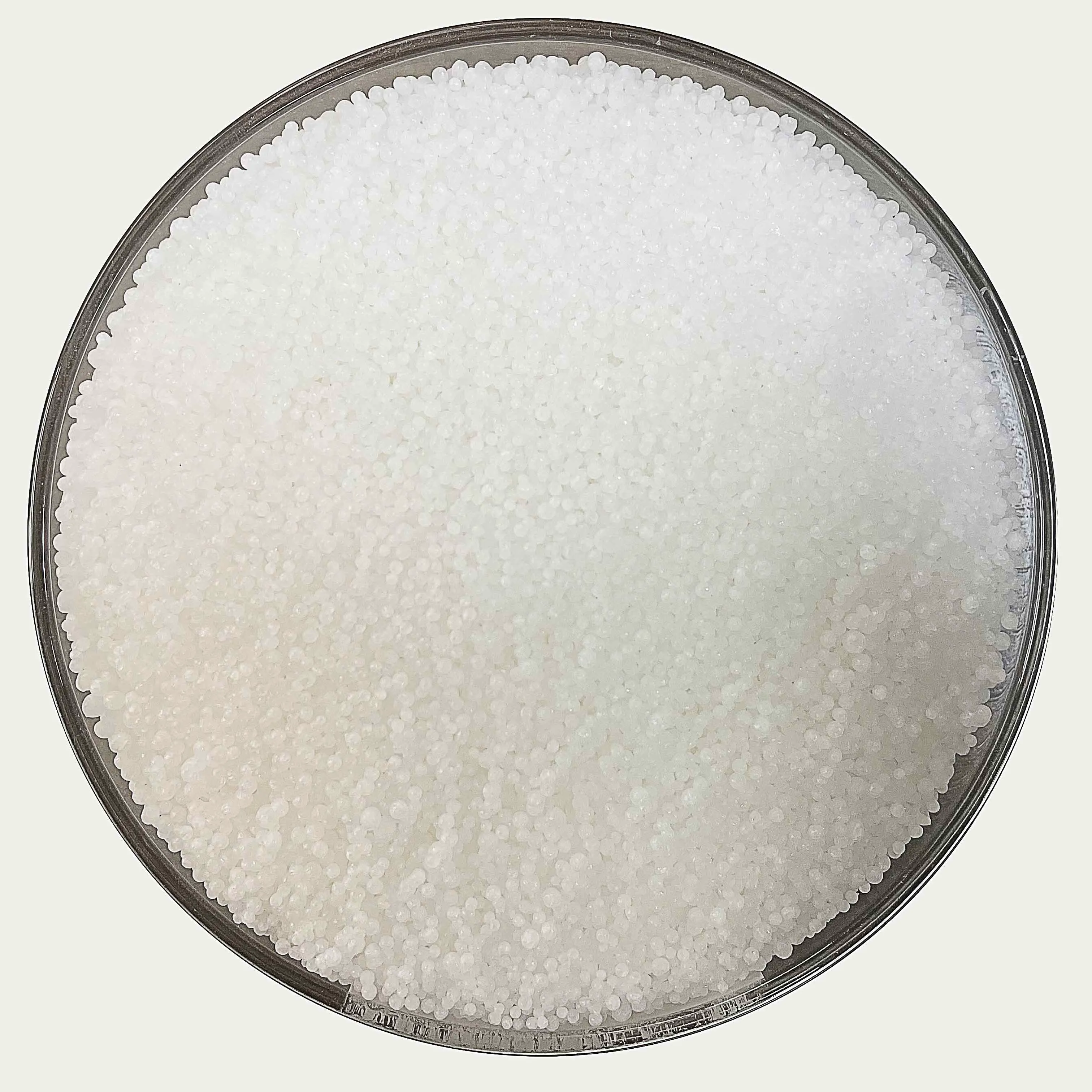
أكتوبر . 11, 2024 21:10 Back to list
applying nitrogen fertilizer
Applying Nitrogen Fertilizer Importance, Benefits, and Best Practices
Nitrogen fertilizer plays a crucial role in modern agriculture, significantly enhancing crop growth and yield. Nitrogen is one of the three primary nutrients required by plants, alongside phosphorus and potassium. It is essential for the development of chlorophyll, the protein synthesis, and overall plant health. This article delves into the importance of nitrogen fertilizer, its benefits, application methods, and best practices to maximize its effectiveness while minimizing environmental impact.
Importance of Nitrogen in Agriculture
Nitrogen is vital since it constitutes a large part of plant tissues, particularly in the formation of amino acids and proteins. It also contributes to tissue growth and the overall vigor of plants. A deficiency in nitrogen can lead to stunted growth, yellowing leaves, and lower yields. Conversely, an adequate nitrogen supply promotes lush, green foliage and enhances photosynthesis, leading to increased crop production. Farmers rely on nitrogen fertilizers to replenish the soil’s nitrogen levels, particularly in intensive farming systems where crops are grown repeatedly.
Benefits of Using Nitrogen Fertilizer
1. Increased Crop Yield Applying nitrogen fertilizers can significantly boost crop yields. Research shows that fields applying the right amount of nitrogen can double or even triple yields compared to untreated fields. This is crucial for feeding the growing global population.
2. Enhanced Crop Quality Nitrogen affects not only the quantity of produce but also its quality. Crops with sufficient nitrogen are often more robust, have better color, and higher nutritional value, which is vital for market competitiveness.
3. Soil Fertility Regular application of nitrogen fertilizers can improve soil fertility over time. Nitrogen promotes microbial activity in the soil, essential for maintaining healthy soil ecosystems.
Best Practices for Applying Nitrogen Fertilizers
applying nitrogen fertilizer

While the benefits of nitrogen fertilizers are clear, improper use can lead to issues such as nutrient runoff, soil acidification, and crops suffering from nitrogen burn. To ensure optimal application, consider the following best practices
1. Soil Testing Before applying nitrogen, conduct a soil test to assess the existing nutrient levels. This helps determine the appropriate amount of nitrogen needed, reducing the likelihood of over-fertilization.
2. Timing Apply nitrogen fertilizers during key growth phases of the crop. For instance, the early stages of growth and just before flowering are critical times when plants require higher nitrogen levels.
3. Application Methods Use methods such as side-dressing, banding, or foliar application to place nitrogen closer to the plant roots where it can be readily absorbed. This also minimizes the risk of nitrogen leaching into water systems.
4. Follow Recommended Rates Adhere to the recommended application rates based on the crop type and soil condition. Over-application can lead to excessive vegetative growth at the expense of fruit or grain development and can contribute to environmental pollution.
5. Incorporate Cover Crops Utilizing cover crops in rotation can help maintain nitrogen levels in the soil and reduce the need for synthetic fertilizers. Leguminous cover crops can fix atmospheric nitrogen, enriching the soil naturally.
6. Education and Technology Utilize modern agricultural technologies such as precision agriculture and variable rate technology (VRT) to apply fertilizers more efficiently and effectively, customizing applications based on spatial variations within the field.
Conclusion
In summary, applying nitrogen fertilizer is a fundamental practice in agriculture that supports plant growth and enhances food production. By understanding the benefits and following best practices for application, farmers can optimize nitrogen use for sustainable agriculture, benefitting not only their yields but also the environment. Balancing the needs of crop production with ecological health is essential for future sustainability in farming.
-
10 10 10 Fertilizer Organic—Balanced NPK for All Plants
NewsJul.30,2025
-
Premium 10 10 10 Fertilizer Organic for Balanced Plant Growth
NewsJul.29,2025
-
Premium 10 10 10 Fertilizer Organic for Balanced Plant Growth
NewsJul.29,2025
-
Premium 10 10 10 Fertilizer Organic for Balanced Plant Growth
NewsJul.29,2025
-
50 Pound Bags of 13-13-13 Fertilizer for All Plants – Bulk & Organic Options
NewsJul.28,2025
-
High-Efficiency 15-30-15 Granular Fertilizer for Healthy Crops
NewsJul.28,2025
